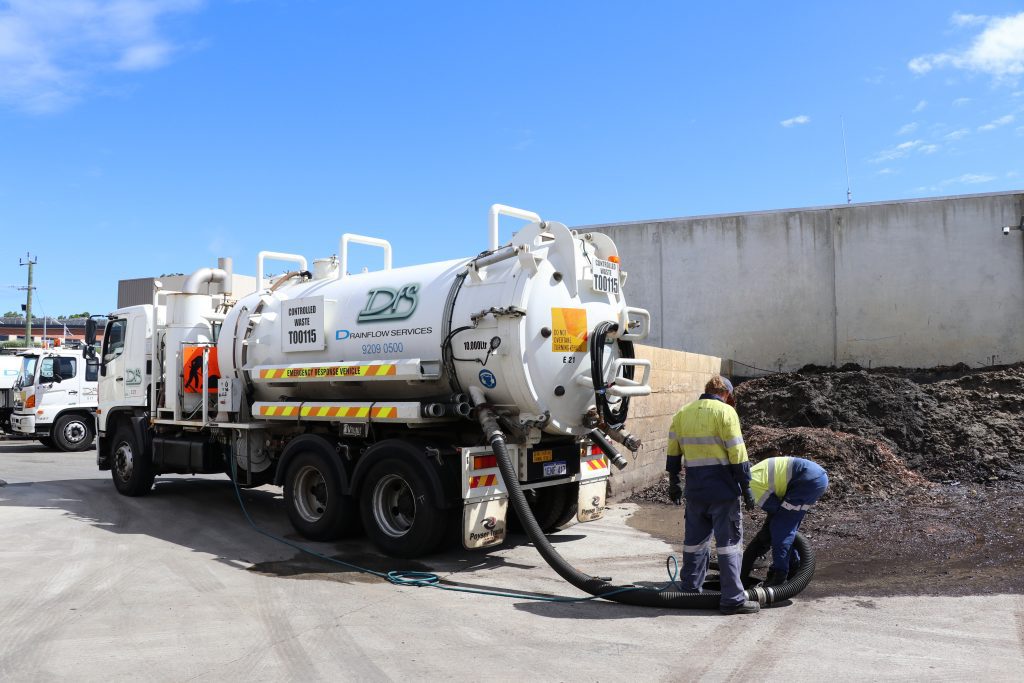Not known Factual Statements About Reclaim Waste
Table of ContentsReclaim Waste Fundamentals ExplainedThe Greatest Guide To Reclaim WasteEverything about Reclaim WasteReclaim Waste Can Be Fun For AnyoneSome Known Questions About Reclaim Waste.
Explore the types, events, and kinds of fluid waste. Domestic sewage waste refers to the waste and items from a domestic septic tank. This kind of waste is created by human beings in houses, schools, and other structures. This only includes septic storage tanks that have a drain field. The proper management and disposal of residential sewage waste call for liquid waste to be transferred to a sewer treatment plant where the correct approaches and devices are put on cleanse and take care of waste.
Business waste frequently consists of prospective dangers, such as flammable materials or a combination of fluid and strong waste items, and calls for a more advanced and thorough disposal procedure. The disposal of industrial waste generally entails the filtering of waste before transport to make sure secure and appropriate disposal. Industrial waste is produced from results and overflow of commercial processes and production.
This sort of waste can not make use of the same sewer monitoring transportation or processes as septic or business fluids. The hazardous waste administration process calls for the evaluation and testing of fluid waste prior to it goes through the disposal procedure (industrial wastewater treatment). Runoff waste is the fluid waste that originates from runoff and excess stormwater in very populated areas or cities
Runoff waste can create contamination and flooding if not handled appropriately. Making certain appropriate waste administration can prevent disasters and decrease environmental damage.
How Reclaim Waste can Save You Time, Stress, and Money.
Contact PROS Providers today to find out about our waste monitoring and disposal solutions and the correct methods to care for the fluid waste you create.
(https://moz.com/community/q/user/reclaimwaste1)This so-called 'wastewater' is not only a crucial source yet, after therapy, will be released to our land, rivers or the ocean. Made use of water from toilets, showers, bathrooms, kitchen area sinks, washings and commercial procedures is understood as wastewater.

water made use of to cool machinery or tidy plant and equipment). Stormwater, a kind of wastewater, is overflow that flows from farming and city locations such as roof coverings, parks, gardens, roadways, paths and rain gutters into stormwater drains, after rainfall. Stormwater moves untreated directly to local creeks or rivers, ultimately getting to the sea.
Little Known Facts About Reclaim Waste.
In Queensland, many wastewater is treated at sewer treatment plants. Wastewater is transported from domestic or industrial websites with a system of sewage systems and pump terminals, recognized as sewerage reticulation, to a sewer treatment plant. City governments build, maintain and operate most sewer treatment plants. investigate this site Operators are licensed under the Environmental Management Act 1994 to release cured wastewater at an appropriate environmental requirement right into rivers.
The Division of Natural Resources recommends city governments about managing, operating and keeping sewage systems and treatment plants. In unsewered areas, regional federal governments may call for homeowners to set up private or household sewer therapy systems to treat residential wastewater from commodes, cooking areas, shower rooms and washings. The Division of Natural Resources authorizes making use of house systems when they are shown to be effective.
In some new communities, treatment of some stormwater to remove clutter, sand and gravel has actually begun making use of gross pollutant traps. Wastewater treatment happens in 4 phases: Removes solid matter.
Makes use of little living microorganisms recognizes as micro-organisms to damage down and eliminate staying dissolved wastes and fine bits. Micro-organisms and wastes are included in the sludge.
The Reclaim Waste Statements
Nutrient elimination is not available whatsoever sewer treatment plants due to the fact that it calls for pricey specialised devices. It is becoming extra typical in Queensland. Clear liquid effluent generated after treatment may still consist of disease-causing micro-organisms. If this effluent is released into rivers such as rivers or the sea, the micro-organisms will at some point pass away out.

Most wastewater streams into the sewage system. Under the Act, local federal governments provide approvals and permits for ecologically appropriate activities (ERAs) entailing wastewater launches that may have a local influence.
Everything about Reclaim Waste
Tracking supplies accurate info concerning water top quality and can validate that permit problems are being met. The information obtained through monitoring offers the basis for making water high quality choices.